Results
-
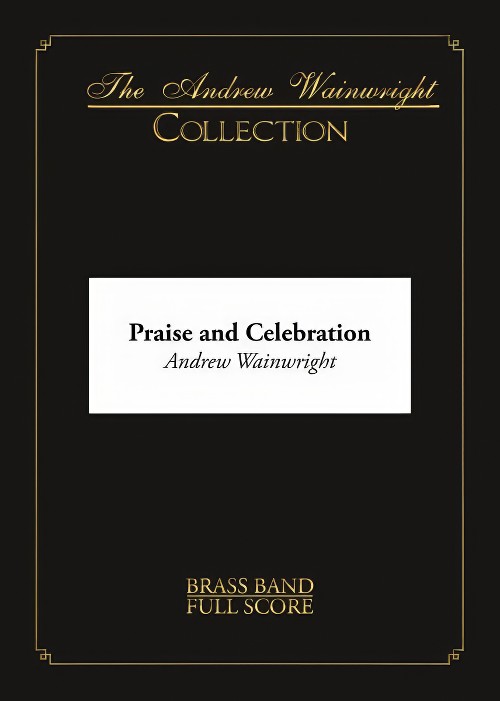 £30.95
£30.95Praise and Celebration (Brass Band - Score and Parts) - Wainwright, Andrew
Festival Arrangement based on the hymn Praise my Soul. An ideal opener to a programme.
Estimated dispatch 7-14 working days
-
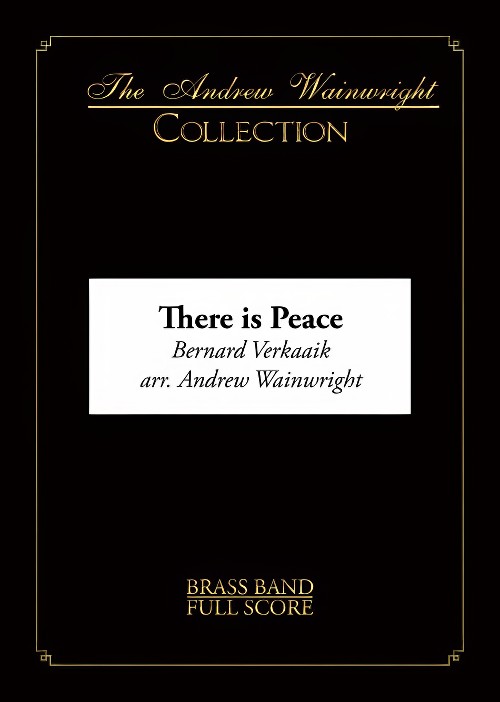 £30.95
£30.95There is Peace (Brass Band - Score and Parts) - Verkaaik, Bernard - Wainwright, Andrew
Arrangement of hymn tune by Bernard Verkaaik; Dedicated to the memory of John Hill (Enfield).
Estimated dispatch 7-14 working days
-
 £24.95
£24.95Crugybar - Cornet Solo (Brass Band - Score and Parts) - Downie, Kenneth
The traditional Welsh tune of Crugybar is most commonly associated with words by Howell Elvet Lewis which appear in the Baptist Hymn Book of 1962; 'The light of the morning is breaking, the shadows are passing away'. The Salvation Army Song Book of 1986 lists two further hymns that can be sung to the tune; 'I stand all bewildered with wonder and gaze on the ocean of love' ( W F Crafts) and 'When Jesus from Calvary called me, unfolding its meaning to me' (Will J Brand). This arrangement was made for Martyn Bryant, the long-serving principal cornetist of Bristol Easton Band of The Salvation Army.
Estimated dispatch 7-14 working days
-
 £12.50
£12.50Crugybar - Cornet Solo (Brass Band - Score Only) - Downie, Kenneth
The traditional Welsh tune of Crugybar is most commonly associated with words by Howell Elvet Lewis which appear in the Baptist Hymn Book of 1962; 'The light of the morning is breaking, the shadows are passing away'. The Salvation Army Song Book of 1986 lists two further hymns that can be sung to the tune; 'I stand all bewildered with wonder and gaze on the ocean of love' ( W F Crafts) and 'When Jesus from Calvary called me, unfolding its meaning to me' (Will J Brand). This arrangement was made for Martyn Bryant, the long-serving principal cornetist of Bristol Easton Band of The Salvation Army.
Estimated dispatch 7-14 working days
-
 £57.50
£57.50Old Hundredth (Brass Band - Score and Parts) - Sparke, Philip
The tune Old Hundredth is one of the best-known melodies in all Christian musical traditions and first appeared in the 1551 psalter "Pseaumes Octante Trois de David", where it is used as a setting for a version of Psalm 134; it is usually attributed to the French composer Louis Bourgeois (c.1510 - c.1560). The melody was then used in 1561 by the Scots clergyman, William Kethe in Sternhold and Hopkins' Psalter for his paraphrase of Psalm 100 All People that on Earth do Dwell, which is still the most familiar hymn sung to this noble tune. When Tate and Brady's "New Version of the Psalms" was published in 1696, the melody became know as the 'old' version - hence its current title. This arrangement presents three contrasting verses and is effective as a concert piece as well as an instrumental interlude as part of a church service or wedding.Duration: 2:30
Estimated dispatch 7-14 working days
-
£34.95
Daniel (Brass Band - Score and Parts) - Gott, Barrie
This up-beat arrangement of the well-loved children's hymn is a favourite of all bands who have played it. Aspiring kit drummers will enjoy the 8 bar drum break.
Estimated dispatch 7-14 working days
-
£17.50
Daniel (Brass Band - Score only) - Gott, Barrie
This up-beat arrangement of the well-loved children's hymn is a favourite of all bands who have played it. Aspiring kit drummers will enjoy the 8 bar drum break.
Estimated dispatch 7-14 working days
-
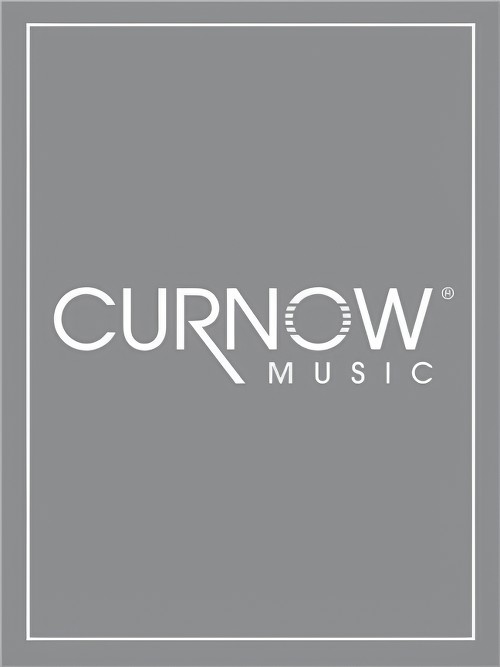 £45.99
£45.99Be Thou My Vision (Cornet or Flugel Horn Solo with Brass Band - Score and Parts) - Curnow, James
This timeless Irish hymn is presented here in a masterfully crafted arrangement by James Curnow.Duration: 3:00
Estimated dispatch 7-14 working days
-
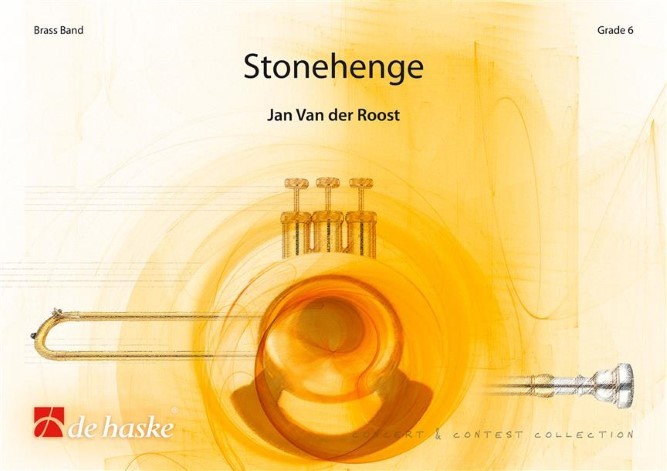 £119.99
£119.99Stonehenge (Brass Band - Score and Parts) - Van der Roost, Jan
This piece attempts to portray atmospheric pictures through music. The opening section evokes the somewhat misty and hazy early morning atmosphere surrounding the ancient monument. When the band reaches its first dynamic climax it is as if the massive boulders are audible, even touchable through the use of minor 3rd chords. The main theme - constructed on the notes CAFBG symbolises the arrangement of the central boulders in the shape of a horseshoe, which forms the focal point of this huge collection of stones. Towards the end of the work you will experience a fantastic effect when five soloists play a five part hymn whilst other members of the band create a special atmosphere by imitating a choir of monks and druids. A fantastic major concert work for advanced bands.Duration: 15:00
Estimated dispatch 7-14 working days
-
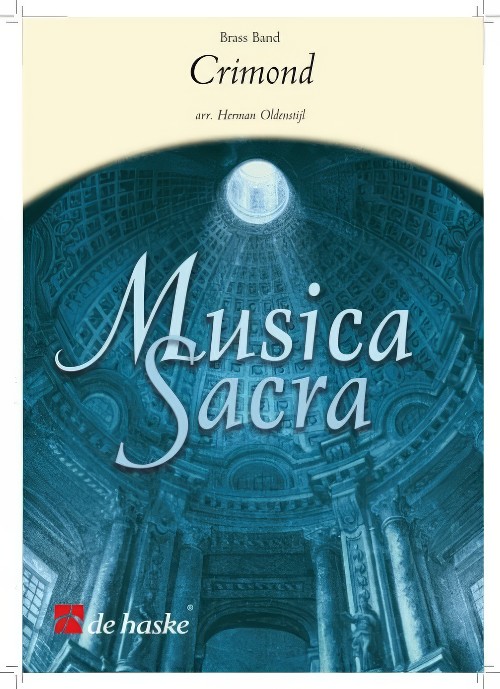 £59.99
£59.99Crimond (Brass Band - Score and Parts - Oldenstijl, Herman
This lovely Scottish hymn, also known as The Lord's My Shepherd, first appeared in 1929 in the Scottish songbook Northern Psalter, where it was incorrectly credited to David Grant, an Aberdeen businessman and amateur musician. It was, in fact, composed by Jessie Irvine the daughter of the parish minister at Crimond. This arrangement will be a musical jewel in your concert repertoire.Duration: 4:10
Estimated dispatch 7-14 working days
